Langreview Kurzkritik English Version Fakten + Credits
The master of modern psychological horror is back. Jordan Peele, who had his biggest career success with GET OUT and proved once again in US that racism and psychological terror can be close to each other, has earned the trust of Universal Pictures and has thus been given an incredible budget of an estimated 68 million US dollars for his latest work. Normally, the genre of horror is rather low-budget, as the films usually only bring in a fraction of the big blockbusters. Nevertheless, there are a lot of genre fans who are all looking for the wonderful gems that we have recently been presented with by Peele or Ari Aster. The investment has already paid off and as of 08.08.22 has grossed around 100 million US dollars in the USA and Canada alone. One factor in the success could be Daniel Kaluuya, who can now be seen for the second time in a leading role in Peele’s films.
What it’s about
After OJ had to witness the mysterious death of his father one day, he and his sister are now in charge of running their own ranch. As horse trainers, the two equip film and television productions with their animals, among other things, and ensure the necessary safety on the set. But this work alone does not bring in enough capital to be able to keep the ranch in the long term. So they are faced with the hopeless situation of having to sell their possessions to the neighbouring western amusement park, unless a spontaneous windfall occurs out of the blue. However, when the two observe supernatural events on their ranch, they develop the idea of visually recording them and selling the pictures for a lot of money. This plan turns out to be more difficult than expected, however, as the electricity keeps suffering from outages as soon as the phenomenon becomes visible.
Impressions from the premiere
Review
Anticipation for Peele’s latest prank is probably extremely high among many, simply due to the fact that both US and GET OUT proved that sophisticated horror with a critical component can be quite promising. The beginnings of NOPE, however, already hint that the director is now trying his hand at new shores. Racism and systematic discrimination are now disregarded and only scratched at superficially. Instead, Peele puts a lot of emphasis on telling a sci-fi story, focusing only on effects and the visualisation of large and fantastic images in combination with a fantastic score. According to Peele himself, however, he wanted to offer a stage for the artists behind the scenes and at the same time take a look at the lives of discarded stars who have been abandoned by the industry. Unfortunately, he did not quite succeed.
In fact, we get a work that is absolutely atmospheric and builds up a mood that is downright captivating. One is constantly put in the position of expecting something to happen that the audience is not expecting. Instead of emphasising macabre and stomach-turning horror, as Ari Aster does, Peele manages to cleverly hint at scenes and convey a similarly shocking event. At times, even classic horror scenarios are deconstructed and humorously resolved. The tragedy, however, is that there is a clear red narrative thread running through the film, which is accompanied by a side story that has absolutely no relevance and is little more than a checklist item. There is a superficial linking of the stories, but the story about the monkey is thrown at us like a worn piece of meat with the addition: eat or die.
Tangled in his own labyrinth
Away from this, Peele unfortunately gets entangled in his own beauty. The entire second half of NOPE is dominated by the hunt for the supernatural event, which visually has some truly fantastic shots to offer and puts the audience in the shoes of the protagonists. Again and again we are able to immerse ourselves in the mystical world and with the thought ‚What would I do now in this situation?‘ acknowledge the scenes as true. Peele’s intention was to abuse a completely natural situation in order to scare people, as MIRRORS or JAWS have done before. However, this goal is not even within reach, as many plot holes make the film unbelievable and above all incomprehensible. The audience is left with question marks in their heads to a large extent and presumably the director would not have a conclusive answer to offer even with some ambiguities.
The desired core message that was intended with the original title „Little Green Men“ also becomes more of a boomerang and makes the spectacle look silly. Instead of savoring and reflecting the ambiguity of the title, the capitalist idea is pushed far too far into the background in relation to the mysterious events. The motive of the protagonists to visually capture the phenomenon in order to make money and save their own possessions only resonates very gently and is sometimes difficult to recognise. Instead, as a viewer, one rather wonders why the two main characters are so eager to defend their homeland, and one only comes to the conclusion that it is the highly valued family heritage that must be preserved. Perhaps this lack of understanding is also due to Kaluuya’s acting indifference, who looks rather absent and disinterested most of the time, while Keke Palmer lets her talent run free.
 Conclusion
Conclusion
Was GET OUT possibly just a flash in the pan by Jordan Peele? With just three films under his belt, it is difficult to answer this question, but it is becoming apparent that the director is beginning to get caught up in a strange notion of perfectionism that, while extremely high quality from a technical standpoint, fails miserably at the desire for profound and metaphorical storytelling and increasingly dissolves into plot holes. It should also be noted that NOPE cannot be classified as a horror film, as typical features of the extremely broad genre are not even present to begin with or only find influence through a side story that does not fit the film anyway. As beautiful as the film is to look at, it unfortunately remains pointless in many moments.
How did you like the movie?


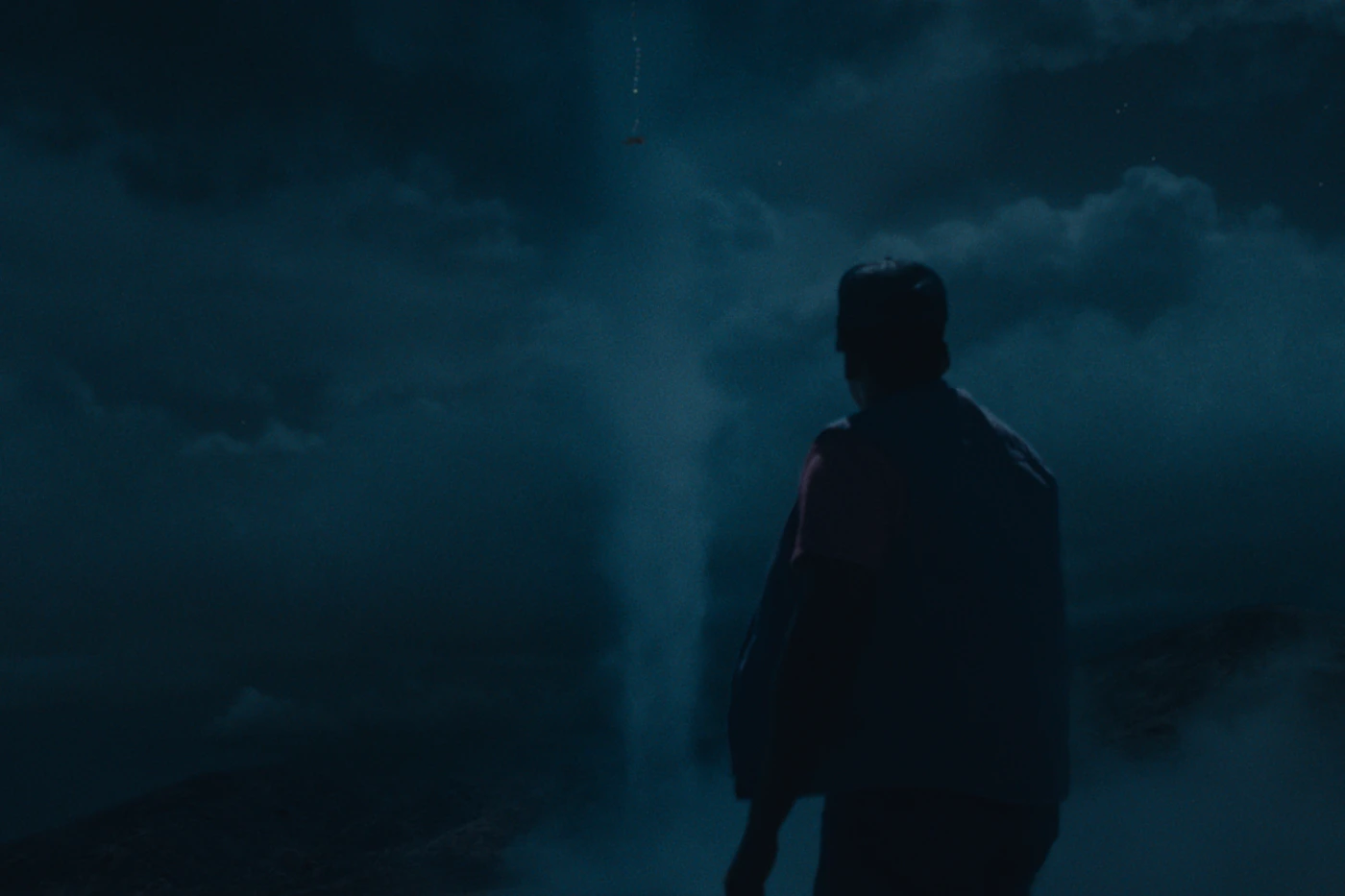
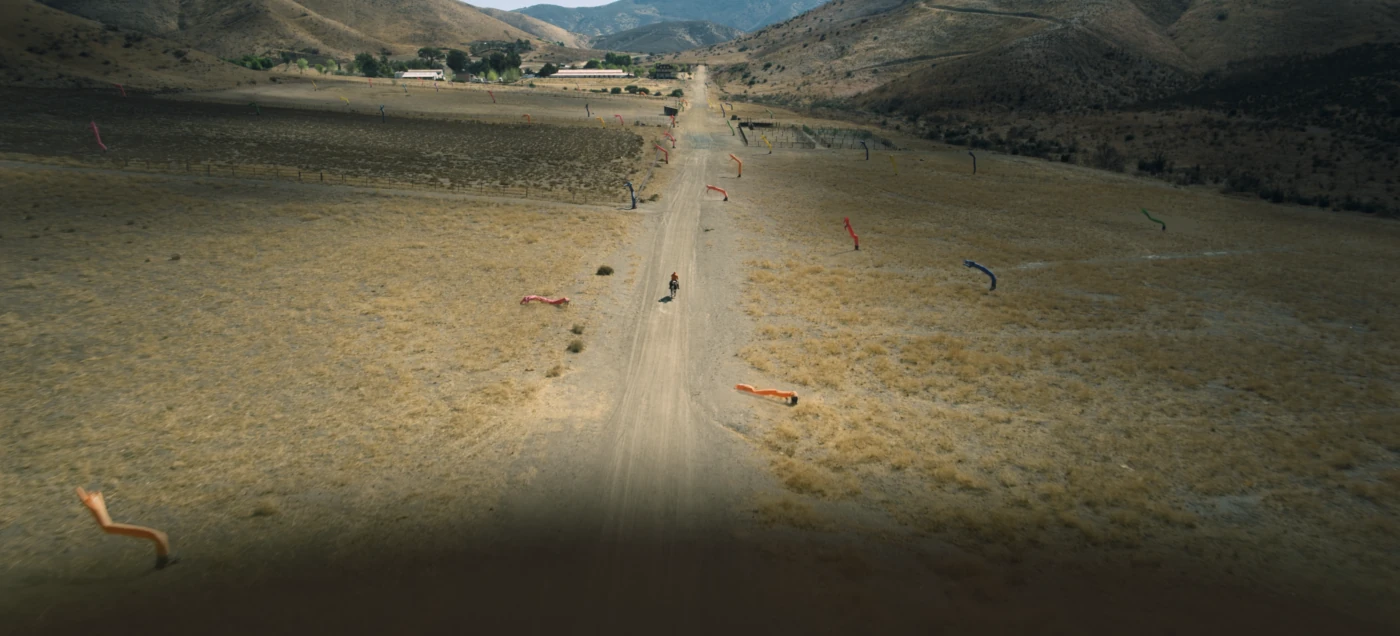
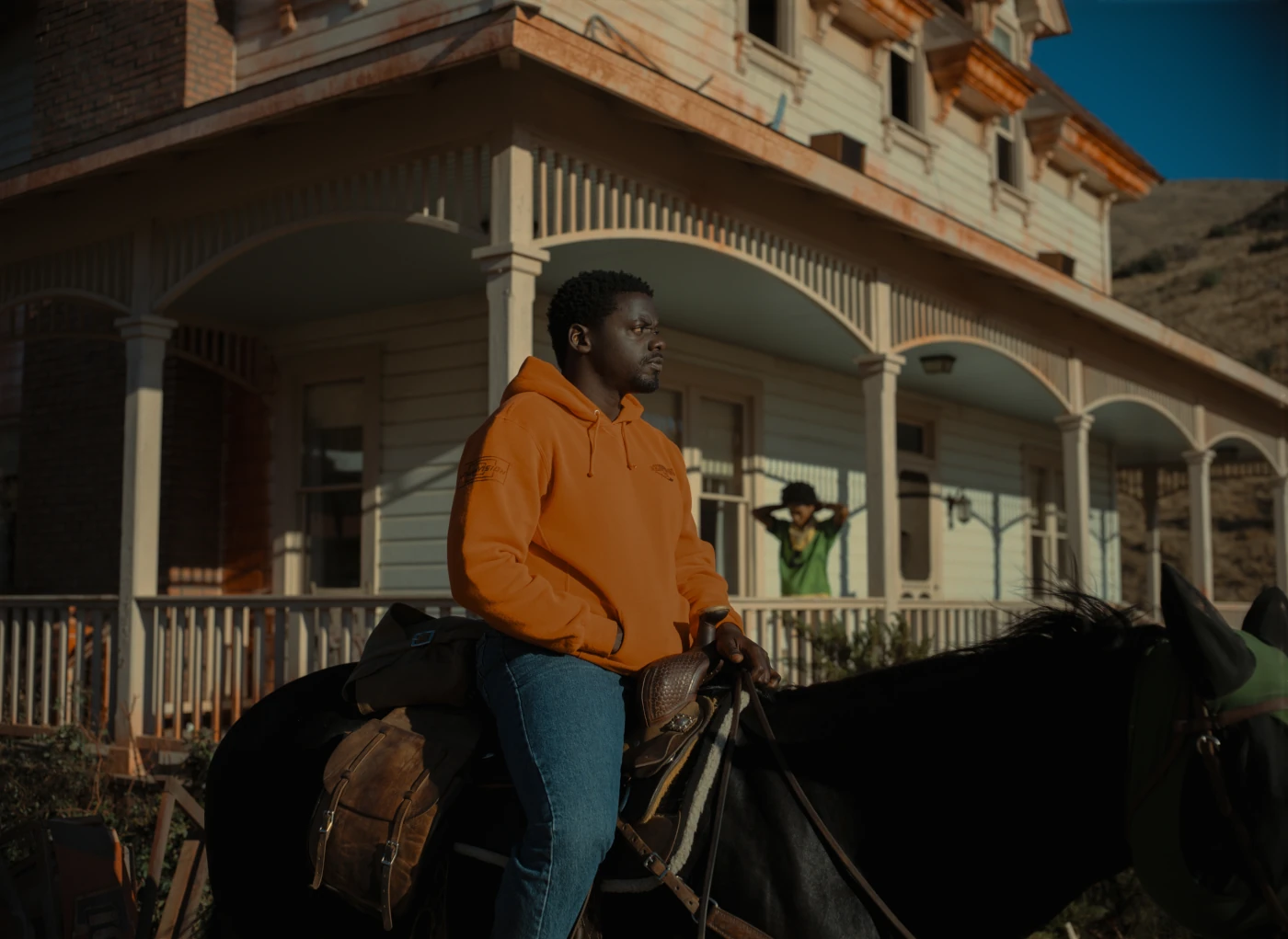
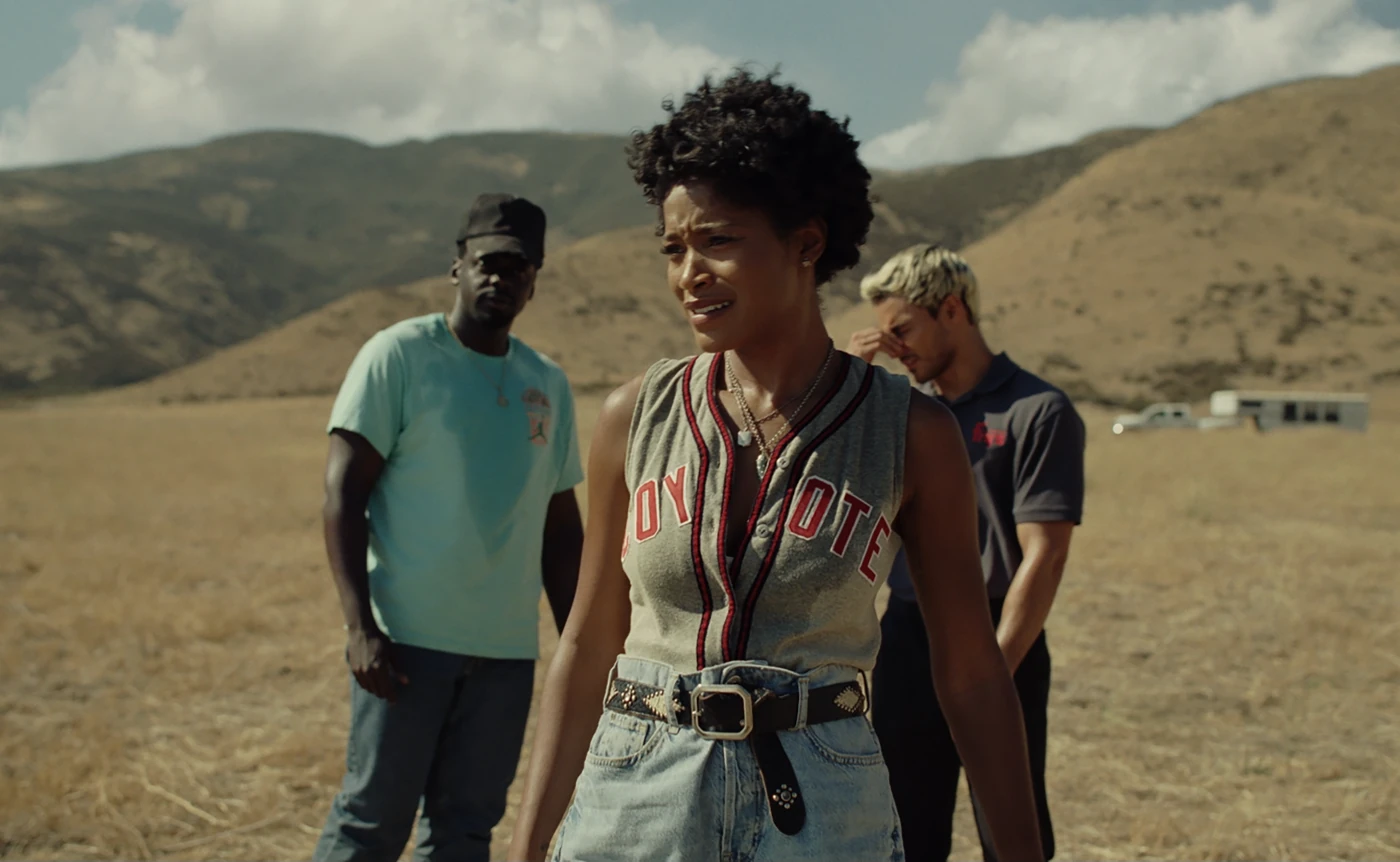




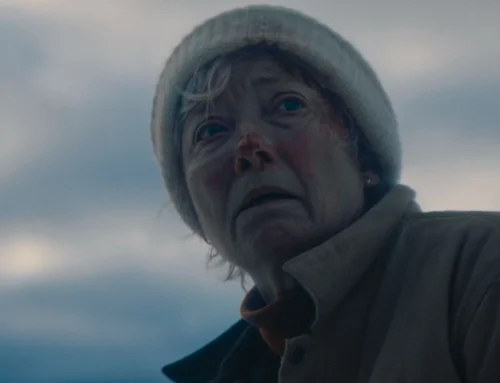

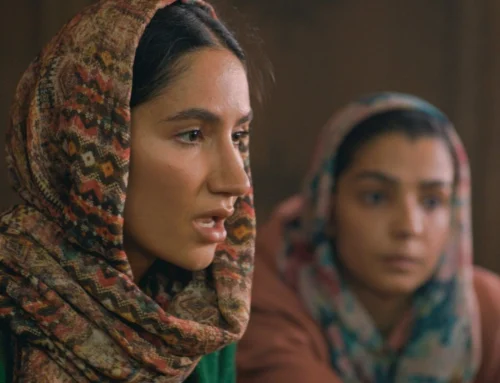
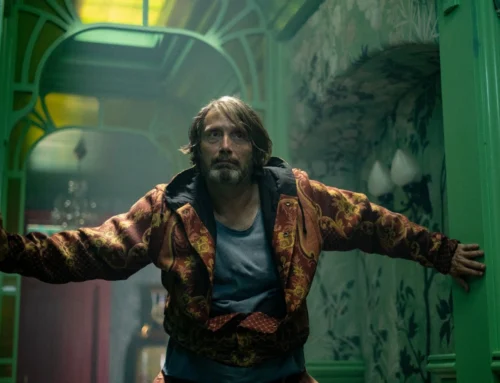
Hinterlasse einen Kommentar